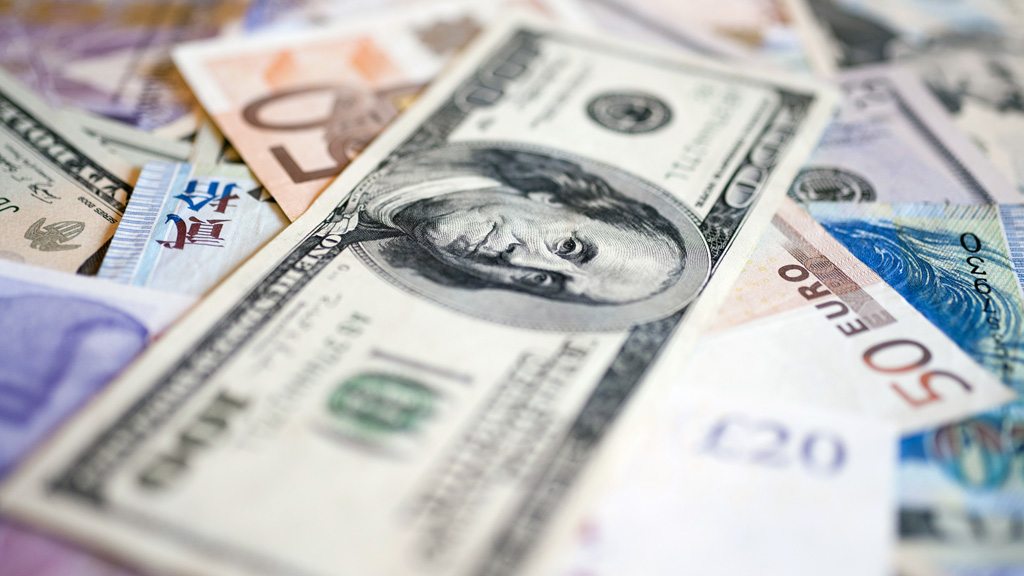UK banks to pay massive fines for rigging foreign exchange market
Today, the Royal Bank of Scotland and HSBC were forced to admit their role in the manipulation of global foreign exchange (Forex) markets, and Barclays is expected soon to follow suit.
So bad was the traders’ behaviour that the FCA – the UK financial regulator – handed out its biggest fines to date, £1.1 billion.
It wasn’t just RBS and HSBC. The wrongdoing also occurred inside UBS, JP Morgan and Citigroup. In other words, a line up of the world’s biggest banks.
As if the revelations themselves weren’t bad enough, even more shocking is the fact that the rigging took place as recently as last year and way after financial markets – and the world – were rocked by the Libor rigging scandal.
Why’s that so bad? Because in this post-financial crisis period, banks had purported to have cleaned themselves up – to have routed out all the bad eggs and reformed the system, placing customers and investors’ interests at the heart of what they do.
Yet today we learn that wasn’t exactly the case. That despite massive fines and criminal sentences for Libor, dozens of traders across these banks sought to do exactly the same thing in the foreign exchange currency market too.
And even more worrying, they got away with it! So just how strong are these new checks and controls inside our reformed banks? Answer: Not very.
The grim detail: In an all too familiar tale of greed, today we learned that certain foreign exchange traders inside the banks had co-ordinated their trading with one another to manipulate “benchmark” foreign exchange rates.
The regulators said traders had used private chat rooms to co-ordinate their activities. They shared confidential customer order information and trading positions, and altered their positions accordingly to “benefit the interests of the collective group”.
In other words, to boost the banks’ profits and hence their own bonuses.
And just like Libor, the brazen traders gave their groups code names “the 3 musketeers”, “the A-team” and “1 team, 1 dream”.
Incredibly, traders inside many of the same banks were found guilty of rigging Libor – the interbank lending rate which is used to set prices all over the world.
Many have since gone to jail but that didn’t appear to be a deterrent for their counterparts over on the Forex desk.
RBS, Barclays and HSBC launched their own investigations into Forex rigging when news of the scandal became public last year and many traders have been suspended. Details have been passed to the Serious Fraud Office, which is also conducting its own criminal probe.
But it’s impossible to tell how much this will end up costing.
Because, like Libor, the Forex benchmark is used by all sorts of institutions – pension funds, money managers and the like – to set the price they pay for foreign currencies. So many of them could launch high-profile lawsuits too, seeking damages.
Sources inside RBS in the past have told me they literally have no idea how much the Forex scandal may end up costing the bank.
It could take years. And that’s bad news for all of us because such uncertainties will only delay the point at which the taxpayer can start getting their money back.
And as incredible as it may seem, yet further scandals still lurk. Regulators, don’t forget, are still investigating benchmark rates for the crude oil and global swaps markets. So more pain to come.
All of which begs the question: will the global banking system ever clean its act up? Or is the lure of high salaries and bonuses just too juicy to really change behaviour?
Follow @siobhankennedy4 on Twitter

